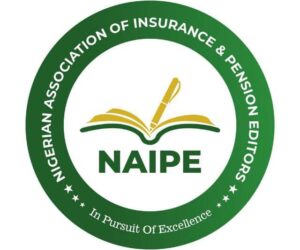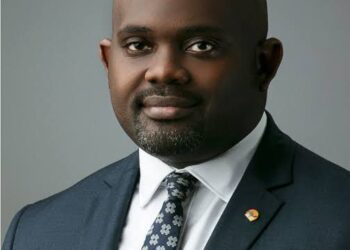Nigerians have been charged to avoid conflicts after their demise by planning their estate before their demise to ensure that their assets are distributed according to their wishes.
Mr Gbolahan Oluyemi of Leadway Capital & Trusts Limited, who spoke on this at a training organised by Leadway Assurance for journalists in Lagos, said, estate planning is the preparation to manage an individual’s asset base after their demise or incapacitation’ and there are different modes of estate planning which include; trust, inter vivos gifts or wills.
He explained further, a trust is an arrangement whereby a person transfers an asset to a person (trustee) to hold in trust for the benefit of a third party (beneficiary), adding that, trust is flexible and can be amended to achieve objectives such as education trust, welfare trust, living trust, or even healthcare trust. For he explained that, a will is a legal document by a testator which expresses how an adult wants assets/property distributed after death. The procedure of preparing and executing a will, he said, is regulated by the wills of various states.
To him, to die testate implies that a person died leaving a will behind and executors distribute assets that is admitted to probate with guardians appointed. However to die intestate implies that a person died without a will and its a prelude to conflict because the state will distribute estate, appoint administrators, as well as guardians.
He said provided will : “ensure that your assets will be distributed according to your wishes, offers protection for your beneficiaries, excuses the need for letters of administration, contains an inventory of assets and reduces fraud in the succession process, as well as ease access to the retirement savings account.”









































